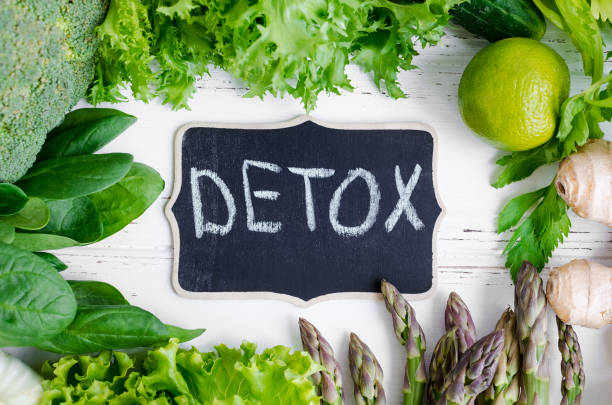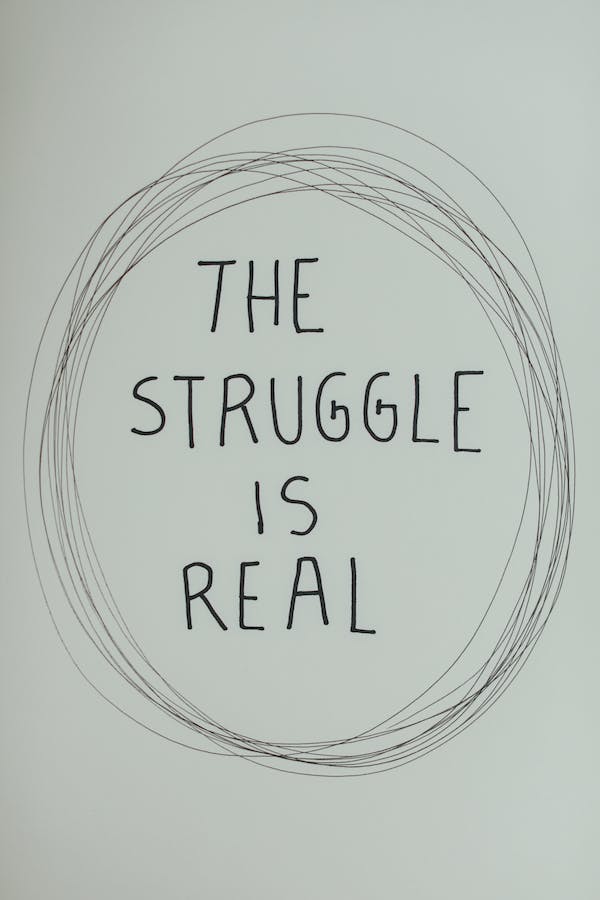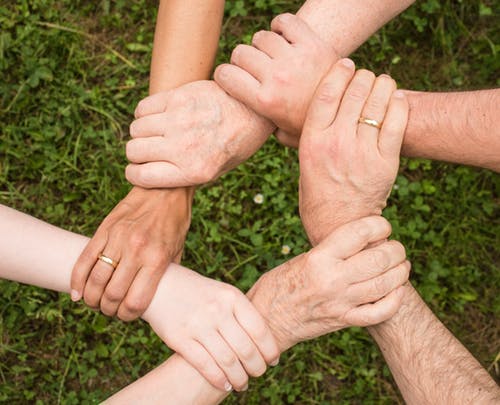Substance abuse is a continuing problem in our society and the impact of it can be devastating in terms of the physical and psychological harm it causes individuals, families, and communities. It is essential that we begin to address this issue and the attitudes towards it that still persist, in order to improve not only our understanding but the outcomes for those affected.
Our attitude to substance abuse has historically been one of ‘blame’, instead of understanding and helping those affected. Substance abuse can be seen as a sign of weakness and of moral failure, rather than being viewed as what it is – a health issue. This attitude can often prevent people from seeking help out of fear of being judged or stigmatized.

In order to change these attitudes, it is necessary to recognize substance abuse as a medical issue and to provide resources and support for those in need of help. This will require an awareness of the complexity of the issue and an understanding of the psychological and social issues involved.
It is also necessary to recognize that substance abuse is not just an individual issue, but is often the result of complex social issues and difficulties that the person has faced. These issues, such as an unstable or traumatic childhood, social isolation, poverty, or homelessness, can make an individual more vulnerable to substance abuse. An understanding of the underlying societal issues in play can help to inform our response and guide us towards more effective and compassionate solutions.
In addition to this, it is essential that we create an environment in which people can talk openly about their substance use and receive support and guidance without fear of judgement. Spreading awareness and removing the stigma associated with substance abuse is key to shifting our collective attitudes and understanding.
Finally, we need to ensure that we have access to quality healthcare and addiction treatment. This includes providing accessible and affordable treatment options such as counselling and medication-assisted treatment, as well as creating a supportive and safe environment in which people can recover.
Changing our attitudes towards substance abuse requires a significant effort, but it is certainly possible with the right resources and strategies in place. It will take time to alter the current collective mindset and, in the meantime, we can all do our part by working to create a more compassionate and understanding environment. Knowing and understanding the real issues and contributing to the conversation about it can help drive meaningful change.









